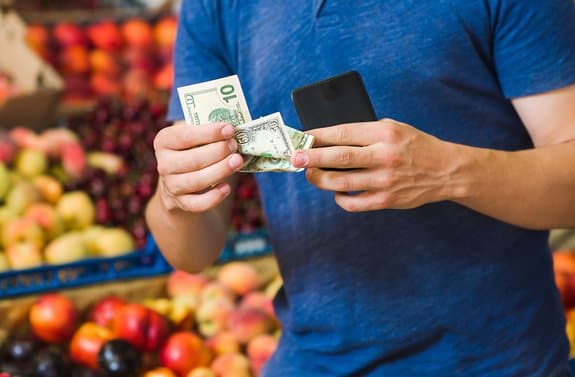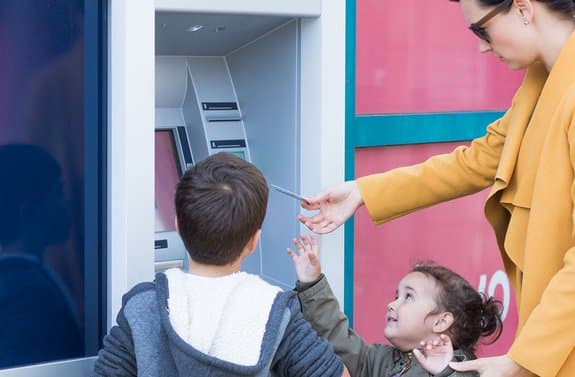
Four common myths about cash
1) Cash is dead
This premature declaration comes and goes every time a new payments method is introduced. When cards were issued in 1966, people were sure cash was going to become obsolete. When magnetic stripe cards were launched in 1987, people were again convinced that cash was going to disappear. Over the last decade, a worldwide boom in mobile, online and cryptocurrency payments have together been umbrellaed under the term “cashless” payments inspired headlines that, once more, predict cash is breathing its last breaths. However, this is a fallacy.
Cash continues to be the world’s preferred payment form used for more than 77% of payments globally. Because it does not require an electronic infrastructure to work, pre-registration processes nor access to power-dependent devices, cash continues to hold an often life-saving role as the most reliable and universal payment method.
2) Loving cashless means hating cash
How often have you suggested a preference for cash only to be met with a wave of defense for cards, mobile or online payments? This myth must be nipped in the bud. It is indeed possible to love the option to use free, democratic cash even when using non-cash payment forms. The problem arises when the cash option disappears.
In Sweden, where 3 in 4 payments are conducted without cash, there are still 7 in 10 people who do not want to see cash disappear. Around the world, more and more FinTech experts are objecting to a solely-cashless future, regulators are having to remind venders that it is illegal to refuse legal tender, and lawmakers are fighting to pass legislations that protect access to cash.
3) Cashless is safer than cash
No. Cash is the safest payment method, which is why cash demand skyrockets during a crisis, be it manmade or natural. In the UK, 70% of people say they feel peace of mind when they have cash on them.
Cards do give a certain degree of security, sometimes as a backup to cash if you run out. But with growing cybersecurity concerns and unreliable electric infrastructures, cash is still the most resilient and reliable option.
Ultimately, cash protects privacy and offers and important level of independence from financial infrastructures. For both countries and individuals, cash is the safest payment form, acting as a safety net when technology fails.
4) The world is going cashless, and there’s nothing we can do about it
Says who? Cash is for the public, so it is up to the public to defend it. Here are few easy ways to champion for cash in your everyday life:
- Sign petitions that aim to ensure policies that protect cash access and stay informed by following pro-cash movements (find Cash Matters on Twitter, LinkedIn, Facebook, Instagram or YouTube)
- Politely object to cash-banning businesses, either in-person or via social media. You’d be surprised how many times retailers have resumed accepting cash after consumer backlash.
- Simply use cash more! Yes, the humble act of choosing cash more often can influence statistics on cash use that are later used to decide on new payments policies.
Why care? Do it for you and for your children. Studies show how using cash more often helps develop better financial awareness, not only for the user but for their children who, seeing their parent use cash, are better able to count, calculate and appreciate value. Leading by example is always the most effective way to influence change.








